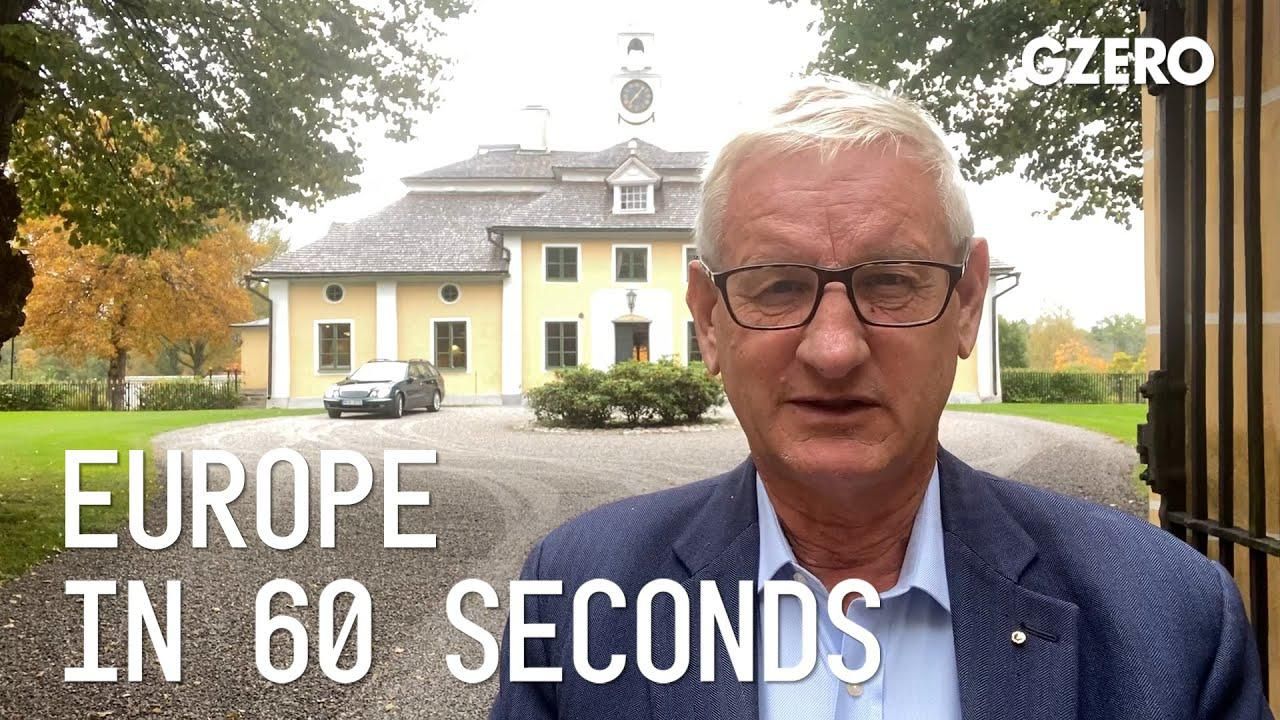GZERO Europe
German election outcome begins new era of three-party cooperation

German Election Outcome Begins New Era of Three-Party Cooperation | Europe In :60 | GZERO Media

Carl Bildt, former Prime Minister and Foreign Minister of Sweden, shares his perspective from Europe:
What about the outcome of the German election?
Well, as expected, the Social Democrats under Olaf Scholz came out on top. They had a very credible campaign, presenting him primarily not as a Social Democrat, but as a possible successor to Angela Merkel. Then, It's going to take quite some time to form a new government and the exact outcome of that, not entirely certain.
Is this the beginning of a new era in the politics of Germany?
It certainly is. First, of course, Angela Merkel will step down whenever a new government comes into being. After 16 years, is a long period. She's been around more or less forever in the politics of Europe. And then also because of the fact that it will be necessary to have a government of three parties. That hasn't happened for very long time in Germany. And the key will be to bridge the difference between the Greens with their agenda, and the Liberals with a more liberal economic agenda. And how the two of them will come together will be key. Then I think the Social Democrats or possible the Christian Democrats will have to adjust to the agenda decided effectively by the Greens and the Liberals.
100 million: The number of people expected to watch the Super Bowl halftime performance with Bad Bunny, the Puerto Rican superstar and newly minted Album of the Year winner at the Grammys.
Think you know what's going on around the world? Here's your chance to prove it.
An imminent US airstrike on iran is not only possible, it's probable.
Americans are moving less — and renting more. Cooling migration and rising vacancy rates, especially across the Sunbelt, have flattened rent growth and given renters new leverage. For many lower-income households, that relief is beginning to show up in discretionary spending. Explore what's changing in US housing by subscribing to Bank of America Institute.